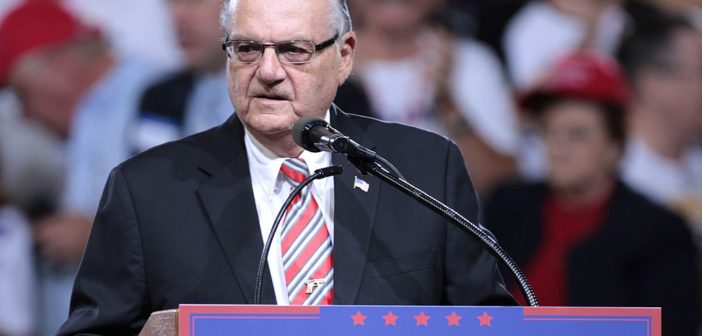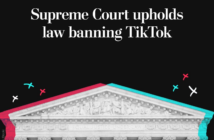[tribulant_slideshow gallery_id="129"] |
By: Travis Farmer
On Aug. 25th, President Donald Trump officially pardoned Arizona Sheriff Joe Arpaio to much controversy, with words such as “racism”, “white supremacy”, and “human’s rights violations” being thrown around by the public.
Joe Arpaio had been the sheriff of Maricopa County, Arizona from 1993 to Jan. 1st, 2017. Arpaio has for years been accused of several unethical sheriff activities, such as running a “tent city” jail for those awaiting trails with no air conditioning where temperatures could reach as high as 147 degrees in the desert, sending a deputy to Hawaii to search for President Obama’s birth certificate in the height of the questions about Obama’s legitimacy, and also has been accused of and found guilty of racial profiling in 2011, the controversy that lead to his contempt conviction. One prominent Arpaio controversy was that he faked an assassination attempt and sent a teenager to jail for it. A local news site, the Phoenix New Times has even taken to keeping a list of his various escapades. Arpaio allegedly ordered his officers target Latinos for traffic stops, and if they were not citizens, to arrest them and ship them off to federal immigration officials. This racial profiling is illegal in the United States, and Arpaio was eventually brought to trial in Melendres v. Arpaio in and a district judge put an official injunction, or official warning, against Arpaio and his use of racial profiling in 2011. However, Arpaio in several televised interviews after this decision states that he would not cease the practices stating that he would “never give in to control by the federal government”. In 2016, Arpaio lost his bid for reelection, and in 2017 Arpaio was found guilty of criminal contempt of court for disobeying the 2011 injunction, set to be sentenced in Oct.
All presidents have the power to absolve many people of crimes, or pardon them during their presidential term. Trump previously voiced his intent to pardon Arpaio, with many people on both sides of the political spectrum voicing their displeasure at this possibility. Many presidents have previously used their power to pardon, with examples such as President Carter pardoning all who dodged the draft in Vietnam. Arpaio has stated on Twitter that his punishment was the result of an Obama administration “witch hunt”. Arpaio was also one of the first voices to support Trump when he first annouced his bid for the presidency, and with Arpaio’s hard stance on immigration matching Trump’s, many people see this pardon as a political favor and appealing to his base.
Many people on social media have voiced their displeasure against this controversial pardon, with many people saying that it shows Trump is truly a racist and a white supremacist. Some people have argued that to pardon Arpaio, Trump must agree with the things Arpaio has done, such as racial profiling, tent cities, ignoring sex crimes, and even calling his own tent cities “concentration camps”. Some people have also cited Trump’s timing of the pardon as an area of concern. Trump pardoned Arpaio as Hurricane Harvey was rolling into Texas, with many people saying that he did this to “hide” or “sweep it under the rug”. Trump defended this in a joint press conference with the president of Finland on August 28th, citing that he did it during this to “achieve higher ratings”. People cited Trump’s timing on the decision as well as him only saying “good luck” to Texas in a tweet as proof that he will not assist the state during the emergency, fears which were quenched when Trump arrived in Texas in support.
Trump has received much criticism from both sides of the aisle. In fact, Speaker of the House and Trump ally Paul Ryan had his spokesman tell the Wall Street Journal, “Law enforcement officials have a special responsibility to respect the rights of everyone in the United States. We should not allow anyone to believe that responsibility is diminished by this pardon.”
Many political pundits citing this breakaway from the president could put more towards the chasm forming between Ryan and Trump.
In conclusion, many people found this pardon to be a bad move, with politicians and experts on both sides splitting from the president to speak against the act, and with only the most loyal of the Trump allies speaking in support of the act. Only time will tell if the decision was correct in the long run.





